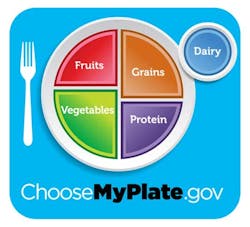Recipes for people with cancer
Foreword(1)
“The role of nutrition in cancer cannot be over-emphasized. While good nutrition and healthy food choices should be an integral part of every individual’s daily life, maintaining appropriate nutrition during cancer treatment is crucial, especially for a child. Each year over 12,000 children under the age of 20 are diagnosed with cancer in the U.S. The cancer and its treatment - chemotherapy, radiation and surgery, can cause change in taste, appetite loss, mucositis, nausea, vomiting and aversion to food."
Donors(2)
This book would not have been possible had it not been for the generous support of the following donors: the Bryce Foundation, the Lane family, the Bosch family and Enterprise Holdings Foundation. This book is the first of its kind for pediatric cancer patients. We hope this book will fulfill its purpose, which is, teach the importance of healthy nutrition to patients, their families and cancer survivors. We are deeply indebted to you.
The book is available at Amazon.(3) All proceeds help the Pediatric Cancer Nutrition Program at MedStar Georgetown University Hospital.




